Exclusive: International Rights Groups Readying Legal Cases Against the Gaza Humanitarian Foundation
American lawmakers have officially warned GHF executives that they have exposed hundreds of American veterans to future criminal and civil liability. At the same time, legal groups are examining possible charges against the contested aid system, drawing on precedents from the Iraq War. GHF’s response: ‘To date, our security has not used any lethal force in any matter. Period.’ A Shomrim exposé
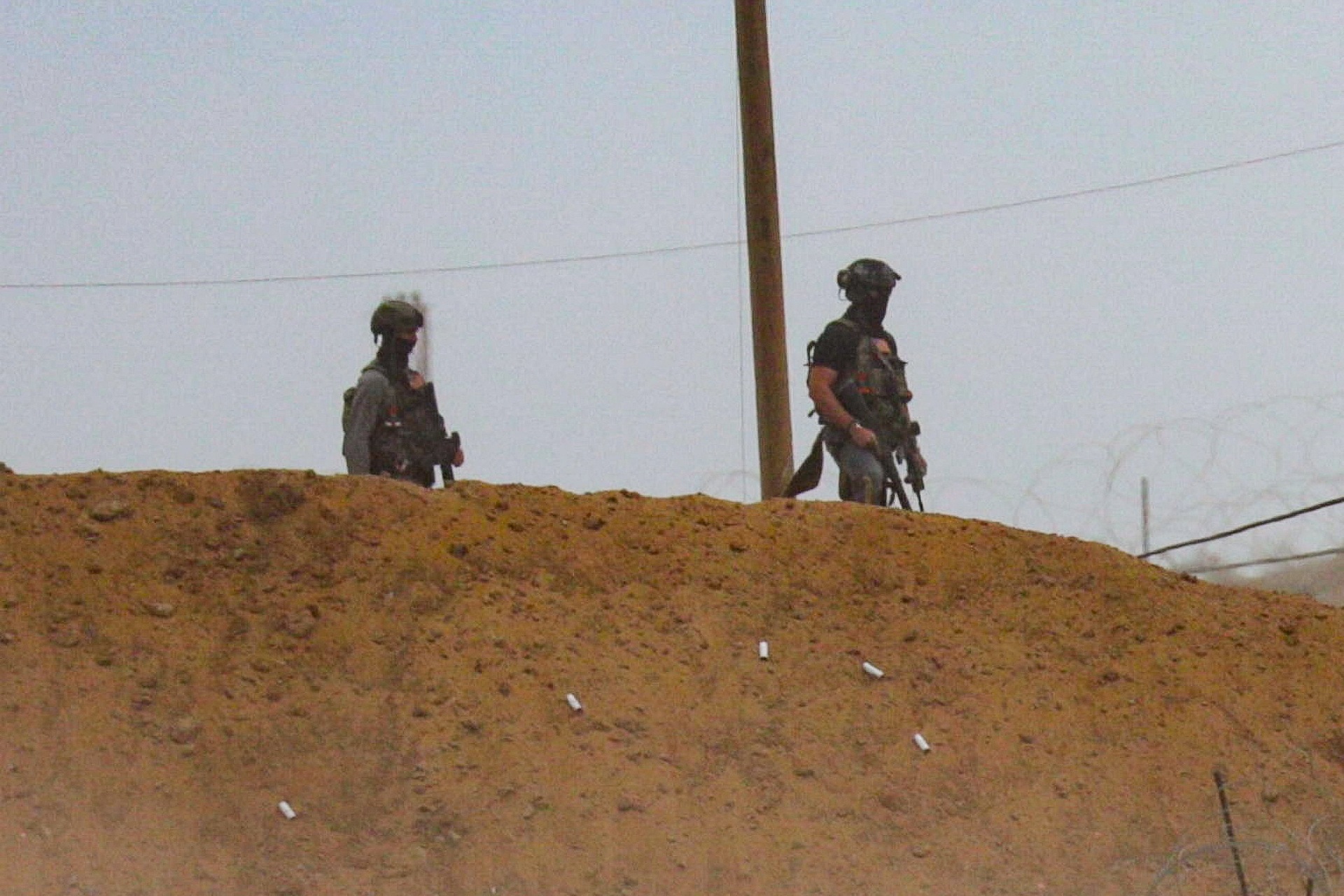

American lawmakers have officially warned GHF executives that they have exposed hundreds of American veterans to future criminal and civil liability. At the same time, legal groups are examining possible charges against the contested aid system, drawing on precedents from the Iraq War. GHF’s response: ‘To date, our security has not used any lethal force in any matter. Period.’ A Shomrim exposé

American lawmakers have officially warned GHF executives that they have exposed hundreds of American veterans to future criminal and civil liability. At the same time, legal groups are examining possible charges against the contested aid system, drawing on precedents from the Iraq War. GHF’s response: ‘To date, our security has not used any lethal force in any matter. Period.’ A Shomrim exposé
GHF security personnel in Gaza this month. Photo: Reuters

Milan Czerny
August 14, 2025
Summary


Listen to a Dynamic Summary of the Article
Created using NotebookLM AI tool
Legal threats are mounting against the aid system set up by Gaza Humanitarian Foundation (GHF), the group overseeing Gaza’s contested new food-distribution system, and its affiliated U.S. companies — Safe Reach Solutions (SRS) and UG Solutions. The organizations face growing allegations of potential war crimes amid reports of killings of Gazans near aid sites.
Several international legal organizations have told Shomrim that they are exploring legal avenues and raising threats to file charges against GHF’s aid operation, run by Safe Reach Solutions (SRS) and UG Solutions in coordination with the Israeli military. The legal push could potentially affect hundreds of American contractors who have been working on the ground in Gaza for years to come.
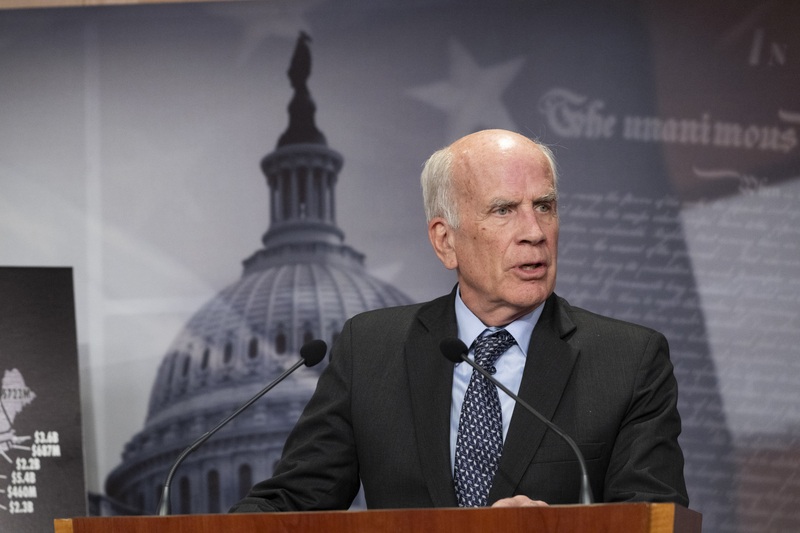
Since its establishment in May, GHF’s aid operation has come under harsh criticism from government bodies and international human rights organizations. The aid system has been criticized for contractors’ use of live ammunition as unarmed Palestinian civilians seek food, for taking part in the starvation of Gazans by participating in the Israeli-led plan to replace the UN, as well as in the forcible displacement of the population.
In late July, four American lawmakers, two Democratic senators from Vermont and Maryland and two Democratic congressmen from Texas and California, sent a letter to the heads of UG Solutions and SRS, Jameson Govoni and Phil Reilly, warning them that they “exposed hundreds” of their employees “to future criminal and civil liability under U.S. laws criminalizing war crimes, torture, and forced deportation.”
The lawmakers also asked the companies’ executives whether they informed their staff that the International Criminal Court and third states may exercise jurisdiction over potential war crimes in Gaza, potentially limiting the American staff’s freedom of travel to other countries. The letter also raised the question whether the firms informed staff and investors “that they could face civil suits upon return to the United States under the Torture Prevention Act by Americans and the families of Americans harmed in Gaza.”
While the UN has distributed aid through some 400 distribution points throughout the Strip since the beginning of the war, the GHF has only 4 distribution centers, almost all of them in southern Gaza. Gazans with disabilities or those who are unable to move have difficulty reaching GHF centers, which often require walking long distances in the summer heat.
In a report published at the start of August, Doctors Without Borders, also known as MSF, said that GHF distribution points have turned into scenes of "orchestrated killing". The report notes that during a seven-week timeframe, between June and July 2025, 174 people were treated by MSF staff for gunshot wounds sustained at the GHF sites.
In another recent report, Human Rights Watch (HRW) said that U.S.-backed Israeli forces and private contractors have put in place a militarized aid distribution system that has turned aid distributions into “regular bloodbaths.”
In response to the MSF report, GHF said that “MSF’s accusations are both false and disgraceful—amplifying a disinformation campaign orchestrated by the Hamas-linked Gaza Health Ministry. They know better. By repeating these lies, they’re not aiding civilians, they’re aiding Hamas. Despite that, we’re proud to continue lending them a hand, just as we’ve done on multiple occasions to help expedite entry of their medical supplies into Gaza and safeguard their medicines from the elements.”
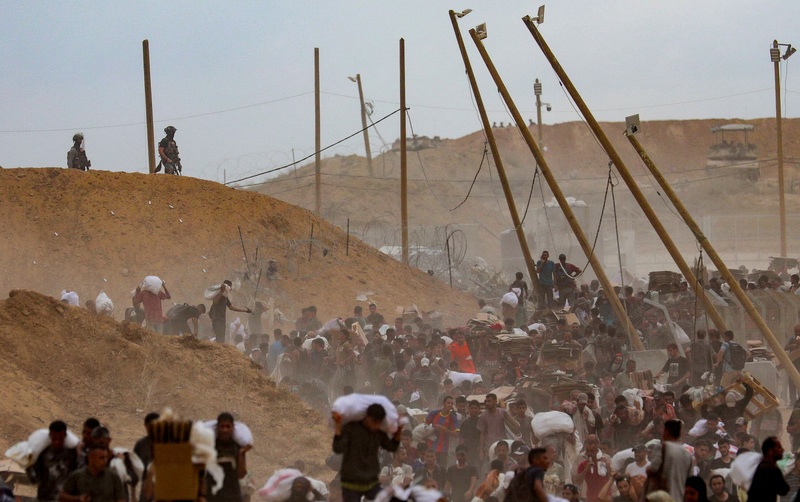
In a report, Doctors Without Borders (MSF), said that GHF distribution points have turned into scenes of "orchestrated killing". GHF in response: “MSF’s accusations are both false and disgraceful—amplifying a disinformation campaign orchestrated by the Hamas-linked Gaza Health Ministry".
‘The same trends we saw in Iraq’
Besides lawmakers, legal organizations are also taking steps to launch cases against GHF, Shomrim learned. This legal push comes against the backdrop of GHF’s plans to expand its operations, as announced by the Trump Administration and Israeli Prime Minister Benjamin Netanyahu in recent weeks.
Katherine Gallagher, Senior Attorney at the Center for Constitutional Rights (CCR), an American civil-rights group from New York, said that the group is considering legal action.
“This is very much in active review for us”, she told Shomrim, “We’re trying to understand the potentials for liability, there could be more than one avenue where this would be appropriate to move forward with… I think we are looking as quickly as we can at the various potential hooks.”

Testimonies from former employees of the American companies working in Gaza, as well as videos from Palestinian civilians, provide a wealth of evidence, which can potentially be used against GHF’s aid operation.
There are legal precedents in successfully suing private contractors following wars. Gallagher from CCR has been involved in recent years in suing private American contractors involved in acts of torture at infamous Abu Ghraib prison in Iraq. A U.S. jury found American contractor CACI Premier Technology legally responsible for torture against three former detainees of Abu Ghraib last year after years of trials. The case signaled to private military contractors that criminal acts abroad can carry consequences in U.S. courts.
In a separate case, several Blackwater employees—a private U.S. military contractor for which many of the current security operatives in Gaza used to work—were convicted of manslaughter and murder in Baghdad in 2014, only to be pardoned by President Trump in 2020.
“What was concerning to me was to see some of the same trends that we saw in Iraq with contractors deployed on the ground very quickly without proper vetting, without proper training, without supervision, put into a space where the local population is viewed as effectively the enemy,” Gallagher said.
CCR already sent two letters to GHF in June, warning the foundation of potential legal liability for complicity in serious violations of international law. CCR wrote to Johnnie Moore, chairman of GHF, in a letter dated from June that the operations of GHF expose the organization and its staff “to criminal and civil liability for aiding and abetting and otherwise being complicit in war crimes, crimes against humanity and genocide in violation of international law and U.S. law.”
Since then, GHF and its associated companies have not changed their behavior in ways which would lead CCR to say that all is fine, said Gallagher.
According to Philip Grant, from Trial International, a human rights group based in Switzerland, who earlier asked the Swiss authorities to investigate GHF’s branch in Geneva before it closed, it may be more difficult to argue that GHF’s aid operation is liable for starvation as it’s distributing food.
The liability of GHF’s aid system might rather lie in its role in the forcible transfer of the Gazan population to the south of the Strip, by acting as a willing participant in a plan that was destined to bring people to move to Rafah, where three out of four of the aid sites are located, according to legal experts.
“I think down the line, there will be trials, there will be civil cases in the U.S., there might be criminal cases out of the U.S.,” Philip Grant from Trial International told Shomrim.
The GHF said in response that “since Day 1, we have been requesting additional aid sites including in Northern Gaza. If other humanitarian groups would join us or collaborate with us, we could scale up immediately with more sites, more aid and direct to community distribution.”
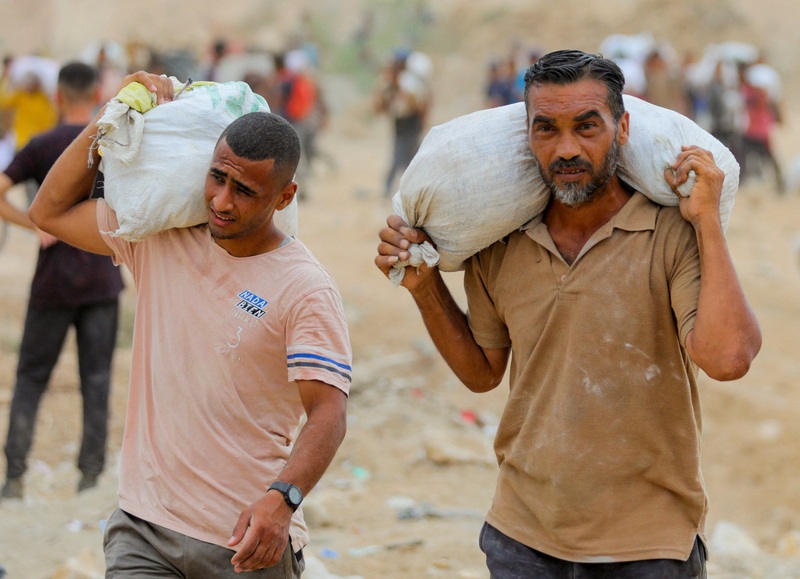
“I think down the line, there will be trials, there will be civil cases in the U.S., there might be criminal cases out of the U.S.,” Philip Grant from Trial International told Shomrim.
Americans on trial in France?
The GHF aid program was launched around May, after Israel imposed a blockade for 11 weeks on the entry of humanitarian aid and commercial supplies into Gaza. Prime Minister Netanyahu announced the new aid mechanism on May 21 by stating that it was part of a multi-phase plan that involved creating a sterile area in the south of Gaza where the population from the fighting areas will be moved and they “won’t necessarily go back.”
Multiple legal avenues and strategies against GHF’s aid operation and its affiliated companies are currently being considered by NGOs and legal experts.
Charges can be brought against the companies themselves and their managers, as well as against independent contractors, legal experts who spoke to Shomrim said. Given that the contractors all hold American citizenship, and that the U.S. has jurisdiction over its citizens, wherever they are, Palestinian families who are victims of GHF’s aid operation could advance claims against the companies in American courts.
Belkis Wille, an associate director in the Crisis, Conflict and Arms Division at Human Rights Watch, told Shomrim her organization spoke to families and friends of Palestinians who they said were killed inside aid sites.
One hurdle to pursuing the case in U.S. courts is that, as in Israel, plaintiffs can’t initiate criminal investigations, which are largely the purview of the Justice Department and law-enforcement agencies. Given Washington’s support for the GHF aid scheme, such probes are unlikely to advance under the current Trump administration, legal experts say.
However, some of the crimes that the GHF aid program is accused of, such as forced displacement of the population, can fall under universal jurisdiction, opening the door to the potential prosecution of American citizens in third countries.
For instance, as for Israeli soldiers who have been facing arrests while visiting foreign countries, prosecutors could launch investigations against heads of the companies and individual contractors if they happen to travel to certain European countries, such as France, Germany, or the Netherlands.
War crimes are not subject to time limitations, meaning that, potentially, “if Johnnie Moore, the head of GHF, comes to the French Riviera on holiday in 2035, he could be arrested,” said a legal expert speaking on condition of anonymity to discuss the sensitive matter.
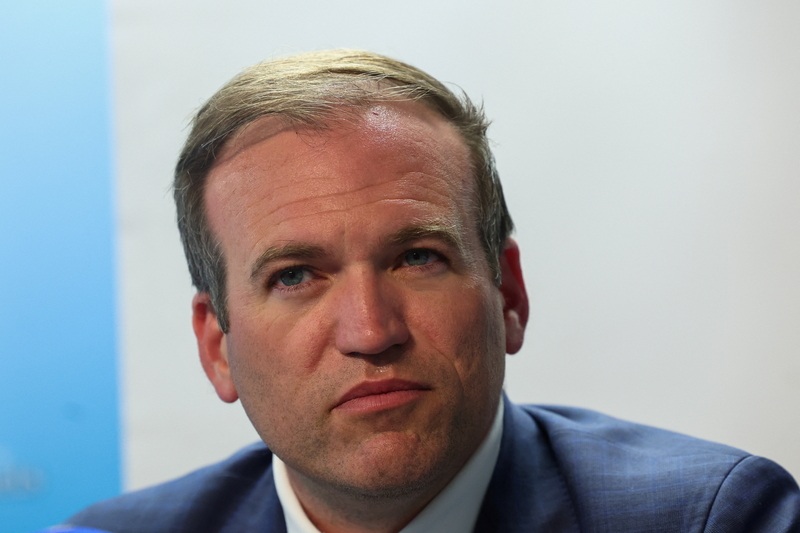
"GHF is the only organization that is delivering aid consistently and securely directly to the Palestinian people in Gaza. To date, our security has not used any lethal force in any matter. Period.”
The effort to halt U.S. funding for the GHF
Beyond the legal route, which would likely entail a lengthy trial, some Democratic lawmakers are weighing faster steps after the August recess to cut off GHF’s funding. Sarah Yager, Washington Director at HRW, said legislators could either introduce a funding prohibition to the GHF in a standalone bill or attach a funding ban to some other legislative vehicle like the post-recess budget bill or the National Defense Authorization Act. The math on votes though makes either path difficult.
While the chances of this happening are not high, given that it would require the support of members of the Republican majority, the effort could further increase pressure on GHF, and opens the door for Democrats to lift some of the veil on GHF's origin story and the sources of its funding, which has yet to be fully transparently disclosed.
Likewise, several congressional Republicans have started criticizing Israel’s actions in Gaza in recent days, including Georgia Congresswoman Marjorie Taylor Greene who characterized Israel’s war in Gaza as a genocide.
In response, GHF said that: “Our team, which includes humanitarian experts, who worked previously at the UN, USAID, UNICEF and other NGO groups, look forward to addressing all of this misinformation and misperceptions related to our mission focused on feeding the Palestinian people in Gaza. GHF is the only organization that is delivering aid consistently and securely directly to the Palestinian people in Gaza. To date, our security has not used any lethal force in any matter. Period.”













